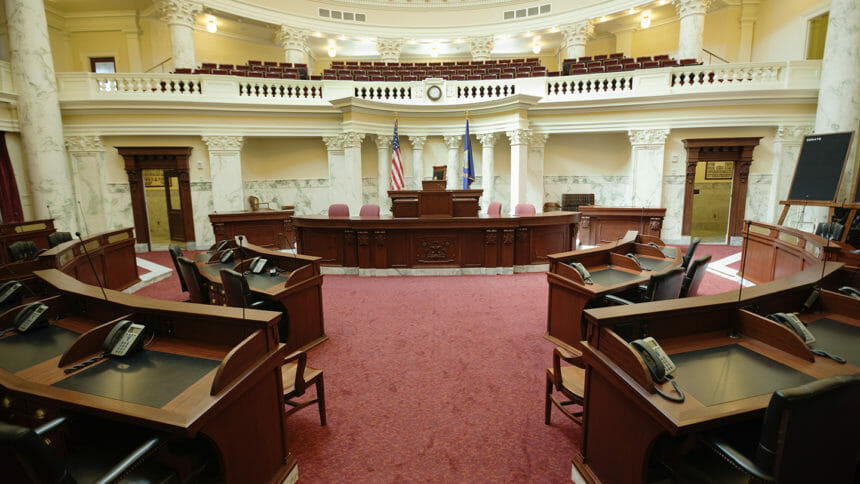
With a looming Friday deadline to keep the government funded, time is running out for Congress to prevent or abate Medicare physician’s fee cuts proposed by the Centers for Medicare & Medicaid Services.
Pressure to adopt a continuing resolution instead of hammering out a final 2023 budget could leave key solutions for physicians, therapists and others who work in nursing home’s on the table.
And those solutions could be harder to come by and implement after Jan. 1.
Physicians are facing these pay cuts next calendar year: a 4.5% cut to Medicare’s physician fee schedule conversion factorial, PAYGO cuts required as an offset by an element of the American Rescue Plan, and discontinuation of a 5% bonus for some alternative pay models.
Lawmakers have typically restored cuts, even if only partially. But if lobbyists can’t convince lawmakers to lower the cuts in a spending bill by years’ end, provider advocates have said delayed action would complicate billing and reimbursement in 2023.
The Washington Post reported late Tuesday night that Democrats and Republicans were pursuing another week-long continuing resolution, which could give negotiators through Dec. 23 to finalize a full omnibus bill before the holiday recess.
Last week, the American Health Care Association joined more than 100 advocacy groups in a letter to lawmakers calling for “desperately needed relief” to “help provide financial stability for practices until permanent payment reforms are established.”
They asked for a full, preventative solution, saying anything less would further exacerbate significant financial hardships related to inflation. The Medicare Physician Fee Schedule is the only payment system within Medicare lacking an annual inflationary update.
The GOP Doctors Caucus has told Democratic House leadership it would help avert missing the deadline, according to a Dec. 12 story in Inside Health Policy.
But some stakeholders don’t expect lawmakers to meet the deadline.
Reps. Susan Wild (D-PA) and Mariannette Miller-Meeks (R-IA) have shared a draft letter encouraging both chambers’ leaders to mitigate the entire PAYGO and conversion factor cuts. Last year, Congress came through with 3% relief, lowering a 3.75% proposed cut to .75%.
“Providers will face cuts of more than 10% to Medicare payments on Jan. 1, 2023,” they wrote.
“We have heard from provider organizations that if these additional Medicare cuts are not prevented, medical groups and integrated systems of care would be forced to eliminate services, furlough staff, implement hiring freezes and delay population health initiatives.”
The GOP Doctors Caucus sent out its own draft letter.
“Uncertain payment rates will only lead to physicians closing their doors and enhance the existing barriers to care these patients already face, exacerbating poorer quality of life for seniors,” its letter says. “Attention to overarching payment reforms will be essential in fulfilling Medicare’s promise to current seniors and future generations. Policies that address physician payment stability in the immediate future and beyond will be critical to the continued success of the Medicare program.”




